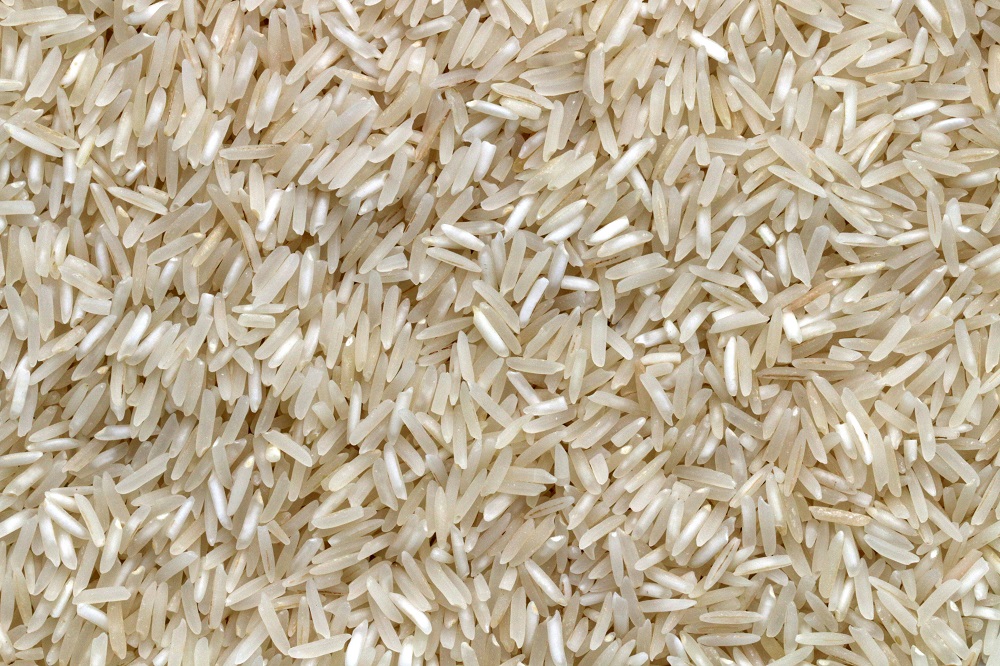In a pioneering effort towards sustainable food solutions, a team of biomolecular engineers at Yonsei University in South Korea has unveiled a groundbreaking development: hybrid rice infused with animal cells.
This innovative rice variant, termed “hybrid rice,” emerges as a potential candidate for addressing nutritional needs and environmental sustainability challenges, Euronews reported.
Unlike conventional rice varieties, this hybrid rice boasts a distinct appearance, characterized by pink and violet hues, owing to the integration of animal cells into its structure. The process involves coating rice grains with gelatin at a nano-scale, followed by culturing them in an incubator at approximately 37 degrees Celsius for 1-2 weeks.
Subsequently, the rice is cooked using microwave technology, resulting in a unique and nutritious food product.
According to Milae Lee, a researcher in the Department of Chemical and Biomolecular Engineering at Yonsei University who was cited by Euronews, hybrid rice offers significant nutritional benefits compared to traditional rice varieties.
Specifically, this rice contains 310 mg more protein per 100 g and 160 mg more carbohydrates per 100 g than standard rice. This enhancement in nutritional content is attributed to the integration of animal cells and the use of fish gelatin and enzymes, which contribute to the structural stability of the rice grains.
A notable aspect of the hybrid rice is its potential to serve as an alternative protein source, offering comparable nutritional value to beef brisket. With 1 g of beef brisket containing approximately 186.2 mg of protein, consuming 100 g of hybrid rice can provide a similar protein intake, as highlighted in a study published in the journal Matter by the research team.














